The views expressed in our content reflect individual perspectives and do not represent the authoritative views of the Baha'i Faith.
The Covid-19 pandemic has raised an unprecedented new question for humanity: how can we possibly protect the health of every person on Earth without ruining the global economy?
A few days ago a good friend and I had an extended electronic conversation about coronavirus policy, and how our societies could perhaps find a way to protect both public health and a healthy economy.
By now, we all know the issue, and just about everyone discusses it: when we each shelter in place, self-isolate and stay at home, economic activity tends to grind to a halt. Not everyone can continue working, and as a result entire large sectors of the economy suffer tremendously. Hardly anyone travels. Gig workers have no gigs. Restaurants close. Only essential businesses remain open. Live entertainment stops. Schools empty out. The normal ebb and flow of goods and services slows to a crawl.
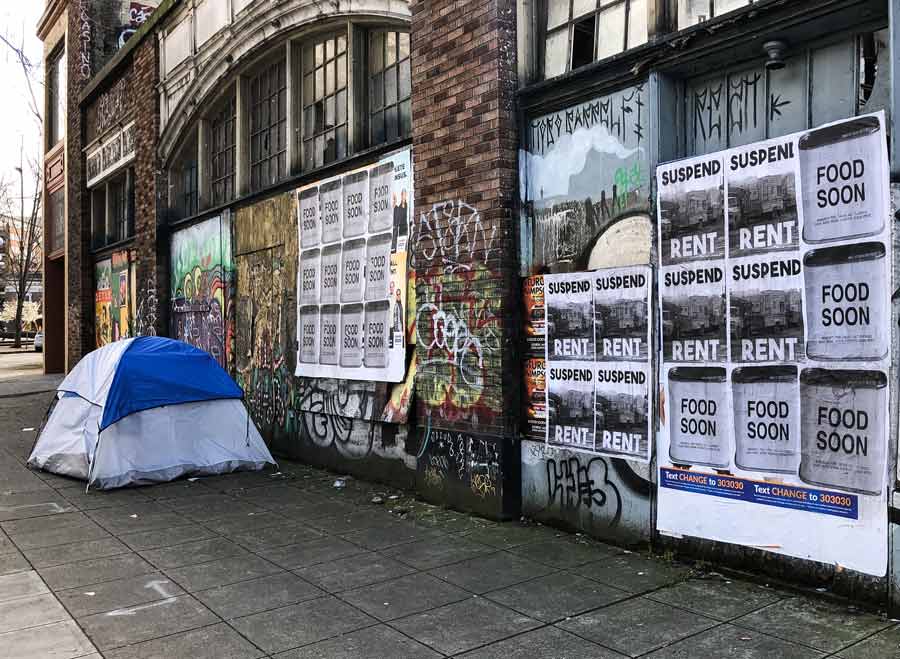
Obviously, this unparalleled global economic slowdown will inevitably lead to recession and even economic depression, depending on how long it continues. But what’s more important – keeping the economy going, or protecting the health of a relatively small percentage of people who might die from the disease?
We had what you might call a robust exchange of views and a really interesting consultative meeting of the minds on this issue, which came down to one profound question: what’s a human life worth?
My friend sees the extreme slowdown in worldwide economic activity as severely damaging to the well-being of the world’s people, and wonders if we shouldn’t just put low-risk employees and businesses back to work while practicing social distancing and keeping those at high-risk at home. He understands that no income means no food or housing for many millions of people, and worries deeply about the impact of an extended shutdown of commerce on those who live close to or under the poverty line.
My friend, a very intelligent businessman whose opinions I respect, expressed some really important points. I always consider his views, because I know that they reflect his caring and concern for others. However, I approached our conversation from a little different perspective, one that comes from my long career working in the hospital and public health sector – I said that we have no defense against the novel coronavirus except asking or requiring everyone to go home and self-isolate until Covid-19 abates.
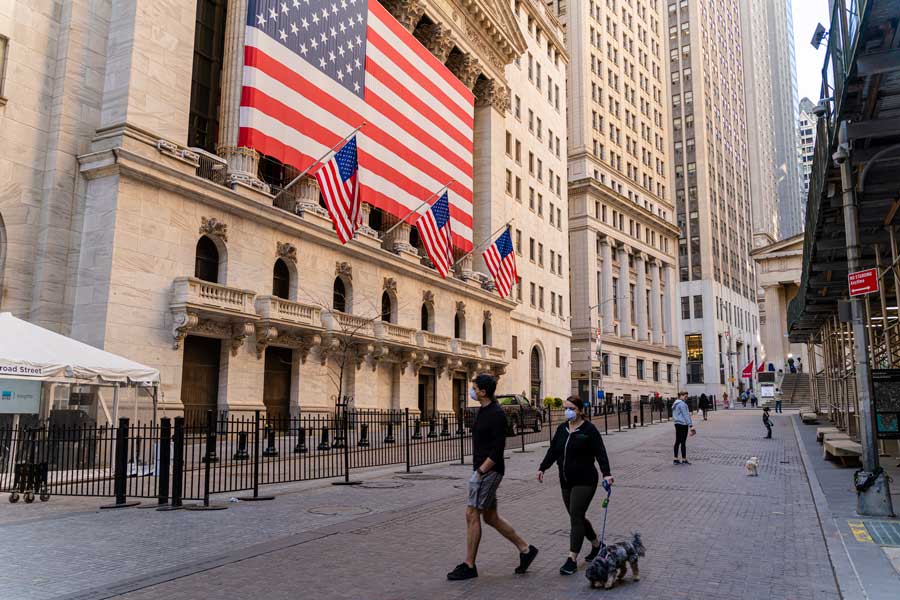
After all, the economy is just a measure of human productivity. The economy is humanity. If we lose millions of people to a dread disease, that will ultimately impact the world more than a temporary slowdown. In other words, we can’t measure human life in monetary units, and assign a dollar value to each person – human society must privilege human life over money, or we’re in deep trouble.
From a Baha’i perspective, this is called consultation. The Baha’i art of consultation involves a respectful exchange of views, a robust fact-finding process, and then a joint decision based on the spiritual principles involved. When Baha’is consult, they first seek to find the facts of the matter, and then attempt to agree on the underlying spiritual principles. Baha’i consultation has the ultimate goal of producing a unanimous and compassionate agreement, rather than an unresolved welter of conflicting views:
The heaven of divine wisdom is illumined with the two luminaries of consultation and compassion. Take ye counsel together in all matters, inasmuch as consultation is the lamp of guidance which leadeth the way, and is the bestower of understanding. – Baha’u’llah, Tablets of Baha’u’llah
Say: no man can attain his true station except through his justice. No power can exist except through unity. No welfare and no well-being can be attained except through consultation. – Baha’u’llah, from a tablet translated from the Arabic.
So when my friend and I reached the end of our consultation on the issue of the economy and the public health, we agreed that as complicated as the subject is, it basically comes down to a single question: what’s a human life worth?
In my research on that question, I found a fascinating new study by Northwestern University economists Martin S. Eichenbaum and Sergio Rebelo, along with Mathias Trabandt of the Free University in Berlin, called The Macroeconomics of Epidemics.
The researchers concluded, in their benchmark model, that the optimal pandemic containment policy of self-isolation does increase the severity of the economic recession associated with it – but will likely save roughly half a million lives in the United States:
“We found that it is optimal to introduce large-scale containment measures that result in a sharp, sustained drop in aggregate output.“
In the study, they also posed this question: what if we did nothing, prioritizing economic health over public health? Their research model predicted that the economy would contract sharply, even absent any mitigation efforts like stay-at-home orders, when most people decided to voluntarily self-isolate because they feared contagion. In that scenario, U.S. consumer demand would then decline by $800 billion in 2020, or about 5.5 percent, anyway.
Most epidemiologists agree that if coronavirus spreads unchecked, it would quickly infect more than half of the nation’s population before herd immunity might hopefully slow it down. In that case, even with a relatively conservative fatality ratio, we would likely lose almost 2 million Americans to the disease. In their conclusion, the researchers found that a strong governmental policy to contain the virus by reducing economic activity would slow the progression of the virus and significantly reduce the death rate – but would definitely impose a greater economic cost.
Despite the fact that the researchers are economists, they recommended this course of action, recognizing that a society which privileges material things and money over human life isn’t much of a society. Shoghi Effendi, the Guardian of the Baha’i Faith, compared that misguided materialism to “the things of the spirit,” which he named as necessities for any human civilization:
… which lays excessive and ever-increasing emphasis on material well-being, forgetful of those things of the spirit on which alone a sure and stable foundation can be laid for human society. – Shoghi Effendi, Citadel of Faith
So, the Baha’i teachings conclude, we cannot put a monetary value on any human life. Just imagine: what if we failed to protect humanity from this virulent virus, and it killed someone destined to help develop and sustain the future peace and welfare of the entire human race – a wonderful inventor, a peace-making diplomat, a great artist, a true spiritual leader, a profound thinker?
We are one human family, the Baha’i teachings tell us, and only when we treat every other human being as a member of our immediate family can we truly come together in a global civilization.
You May Also Like
Comments



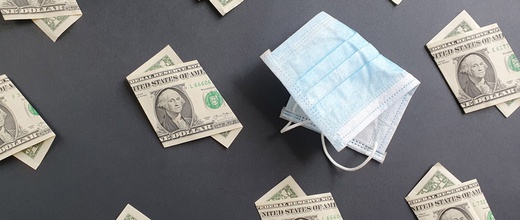

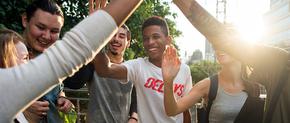
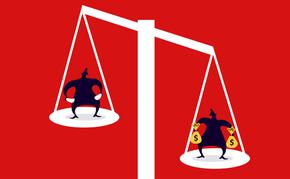
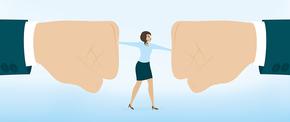









Then how many before we stop? 1, 20, 20,000. Who chooses the number? Someone will die operating farm equipment, people will die without food. Every life is valuable. How do you choose? My issue with your article is that you are likely quoting studies that have already been shown to be ...inaccurate. The economic breakdown and deaths were probably based on the first predictions, millions die in the US, then 500k, now less than the seasonal flu. Those affected are not the working class.